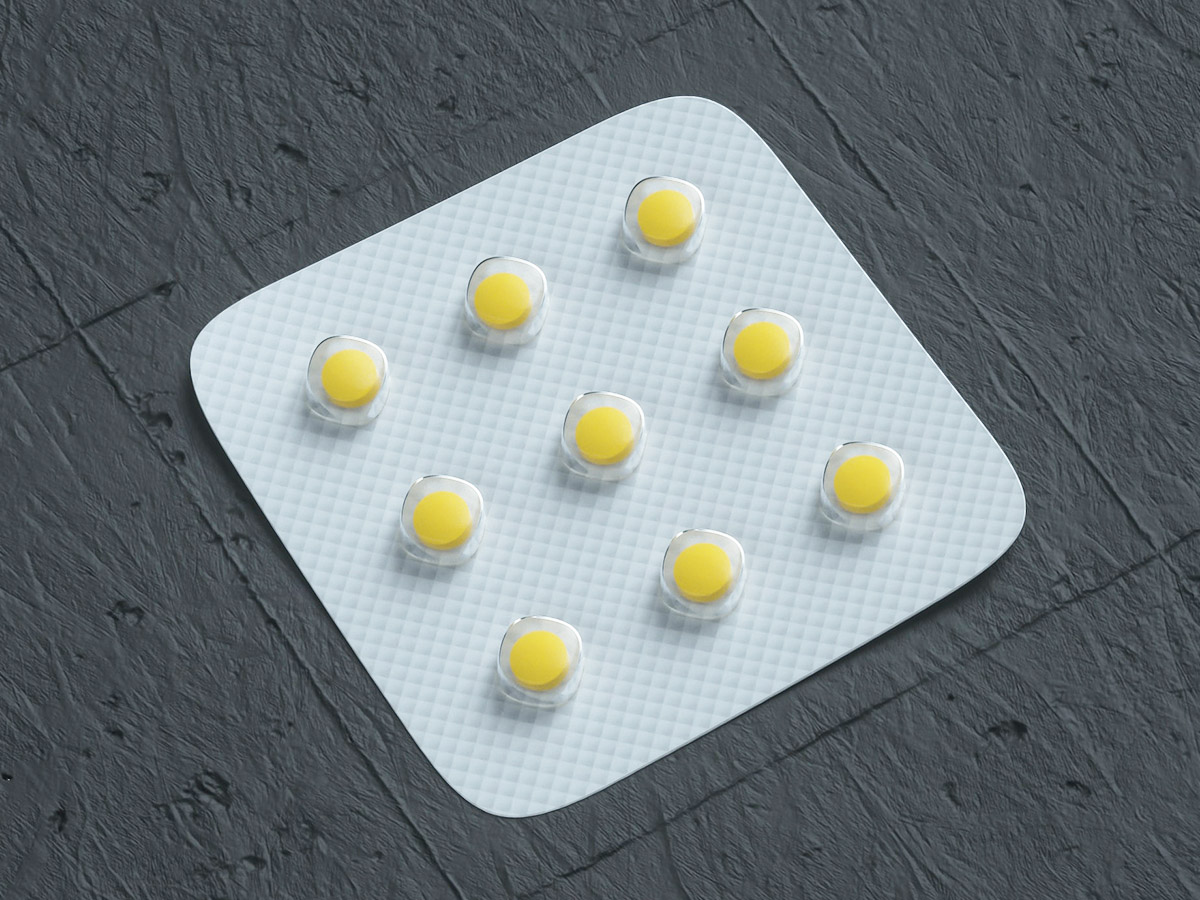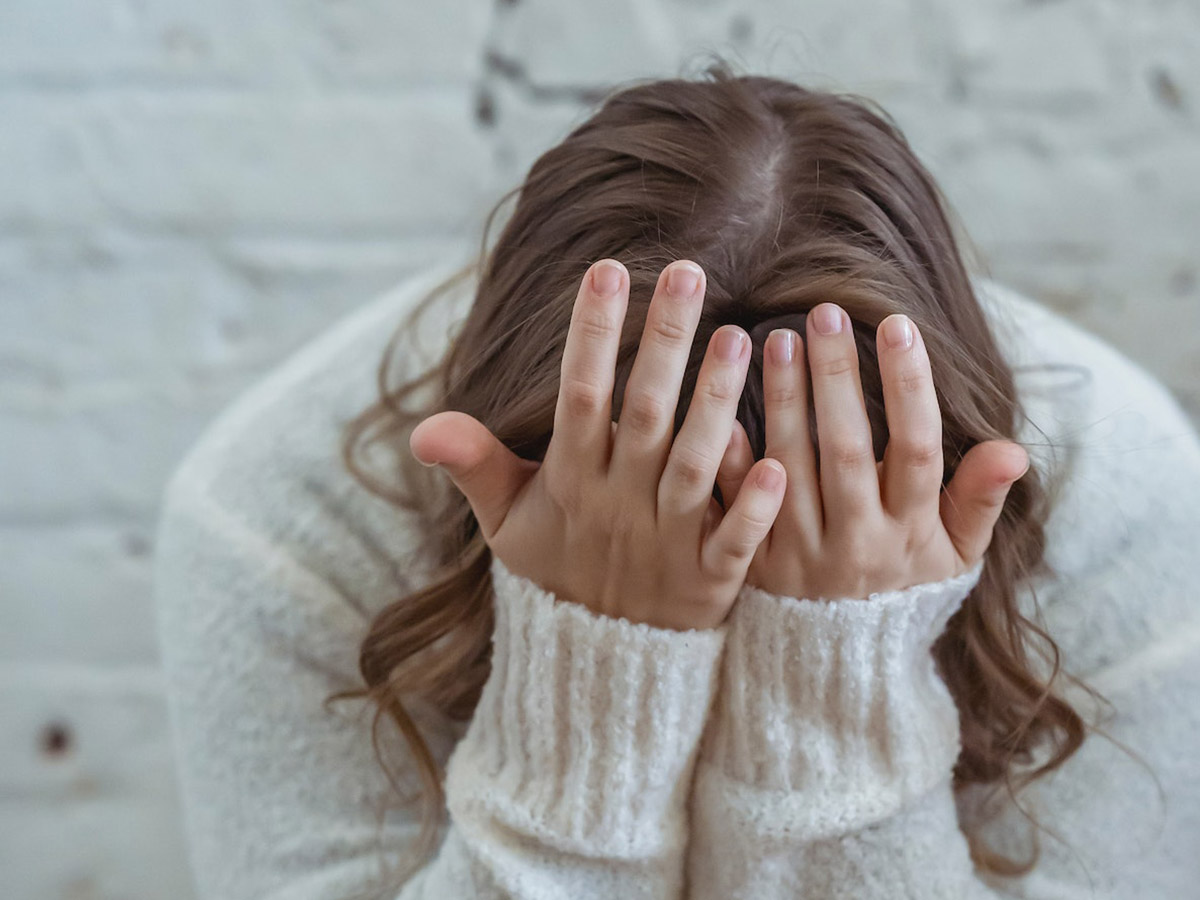A concussion is a brain injury that results in a head rush and dizziness. It is caused by a traumatic brain injury, such as an accident or a fall. A concussion can be mild, and without any long-term effects, or it can be more severe and lead to persistent cognitive impairments. Various nootropics have been shown to improve cognitive function in people with concussions, but it is important to understand how they work and what to look for when choosing them. This blog explains the benefits of nootropics for concussions and outlines safe usage guidelines for those seeking to use them for their overall general health.
What is a concussion?
If you or someone you know has been diagnosed with a concussion, it’s important to know about nootropics. These substances have been shown to help improve cognitive function after a concussion. In fact, many nootropics are used to treat cognitive impairment and brain injuries in general. However, it’s important to consult with a doctor before starting any new therapy or treatment plan.
There are many different types of nootropics, so it’s important to select the one that is best for you. Some common nootropics used to treat concussions include L-theanine, caffeine, choline, and omega-3s. Always be sure to drink plenty of water and avoid caffeine and alcohol while taking nootropics, as they can further aggravate the concussion. If you’re feeling better and nootropics no longer seem necessary, be sure to discontinue them gradually over time to avoid any side effects.
Symptoms of Concussion
Concussions are a major problem, especially among young people. If you or someone you know is suffering from concussion-related symptoms, it’s important to seek medical help as soon as possible. This is because concussions can have a wide range of effects, depending on the person affected.
Symptoms can include headache, dizziness, memory problems, and fatigue. If you notice any of these symptoms in yourself or someone you know, it’s best to seek medical attention right away. Concussions can be very serious and can even lead to long-term brain injuries. So, if you or someone you know is experiencing any concussion-related symptoms, please don’t hesitate to seek help.
Post Concussion Syndrome
Post-concussion syndrome (PCS) is a condition that can arise after someone suffers from a brain injury. It is characterized by symptoms that affect various spheres of life, and it can be difficult to tell the difference between PCS and other conditions. Nootropics are compounds that have been shown to improve cognitive function in people with concussions.
However, there is no one-size-fits-all answer when it comes to using them. Each person’s situation must be assessed on an individual basis before taking any action. It’s important to speak with your doctor before starting any treatment – even if you think you might benefit from nootropics – as there may be other conditions that need to be taken into account first. Only then will you know for sure if they’re the right solution for you!
Cognition After Concussion
A concussion is a traumatic brain injury that can have long-term consequences. Fortunately, there are supplements that can help improve cognitive function and improve daily life. Nootropics, or ‘brain-boosting supplements,’ are particularly effective in this regard. To be most effective, nootropics must be taken as soon as possible following a head injury. That way, they can start to work their magic and help to restore cognitive function.
Some of the most commonly used nootropics for concussion are methylphenidate (Ritalin), galantamine (Gabapentin), and piracetam. However, be aware that these drugs can have side effects like headaches and dizziness. So, use them with caution and always speak with your doctor first. In addition to cognitive benefits, nootropics can also help to improve mood and stress levels. So, if you’re struggling after a concussion, consider giving nootropics a try.

Self-Care After Concussion
There is no one-size-fits-all approach to self-care after a concussion, as the best way to recover depends on the individual. However, there are some general guidelines that can help.
Rest is essential for concussion recovery, so it is important to get plenty of sleep and avoid strenuous activity. It is also important to drink plenty of fluids and eat a healthy diet to support healing.
Some people find that certain supplements can help with concussion recovery. omega-3 fatty acids, magnesium, and vitamin D are all thought to be helpful. However, it is important to speak with a doctor before taking any supplements, as they can interact with other medications.
There are also some things that should be avoided after a concussion, such as alcohol and smoking. These substances can interfere with healing and make symptoms worse.
If symptoms persist or worsen, it is important to seek medical help. A doctor can provide further guidance on self-care and may recommend additional treatments, such as physical therapy or medication.
Safe usage guidelines for nootropic supplements for concussion
There are a few key things to keep in mind when taking nootropic supplements for concussion. First, it is important to start with a low dose and increase gradually as needed.
Second, be sure to drink plenty of water and take breaks throughout the day to avoid overworking your brain.
Third, it is best to avoid using nootropics late in the day or before bedtime as they can interfere with sleep.
Lastly, be sure to consult with a healthcare professional before starting any new supplement, especially if you have a history of medical conditions.
If you follow these guidelines, you should be able to safely and effectively use nootropics to help with concussion recovery.
How can I tell if a nootropic is right for me?
It’s important to be aware of the potential risks and side effects of nootropics before taking them. Some people may experience mild side effects such as headaches, nausea, or insomnia. Others may have more serious reactions such as anxiety, depression, or mania. If you are considering taking a nootropic, it is important to speak with your healthcare provider first to discuss whether the supplement is right for you.
Observe if there are any changes in your mood, energy levels, cognitive function, and overall health after taking a nootropic supplement for several weeks. If you experience any negative side effects, discontinue use and speak with your healthcare provider.
How long should I take a nootropic before expecting improvements in my cognitive performance?
There is no one-size-fits-all answer to the question of how long it takes for nootropics to work. Some people may feel the effects of nootropics immediately, while others may not notice any changes for several weeks or even months.
The best way to find out how long it will take for you to see the benefits of taking nootropics is to experiment with different doses and timelines. Start with a low dose and gradually increase it over time until you find a dose that works for you.
Can Nootropics Speed Up Brain Recovery After a Concussion?
Can nootropics expedite brain recovery after a concussion? Many individuals seek effective brain repair with nootropics to aid in the healing process. These cognitive enhancers are believed to support mental function and enhance neuroplasticity. While further research is needed, some studies suggest that certain nootropics may promote neural regeneration and cognitive rehabilitation following a concussion.
Conclusion
Nootropics can be a helpful addition to your concussion recovery plan. They can help improve cognitive function and brain health, and they may also help reduce inflammation. Look for nootropics that contain ingredients like omega-3 fatty acids, curcumin, green tea extract, and ginkgo biloba. Start taking them as soon as possible after your injury to get the most benefit.

